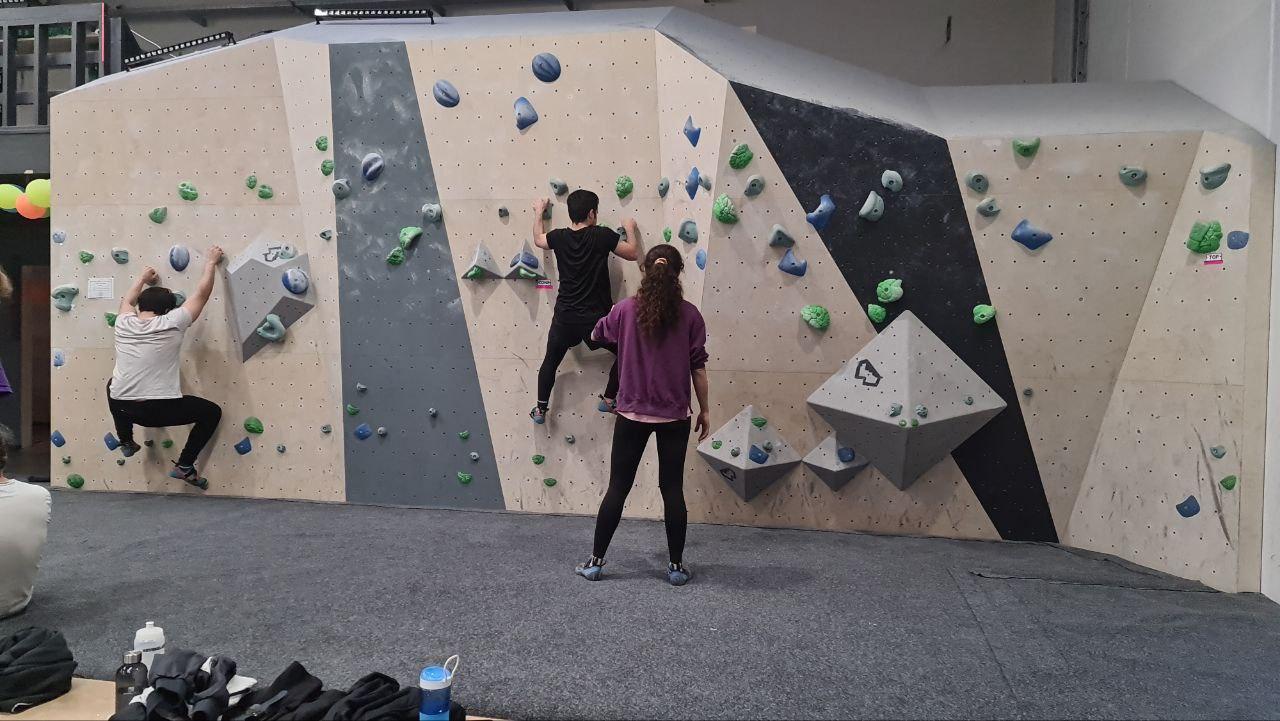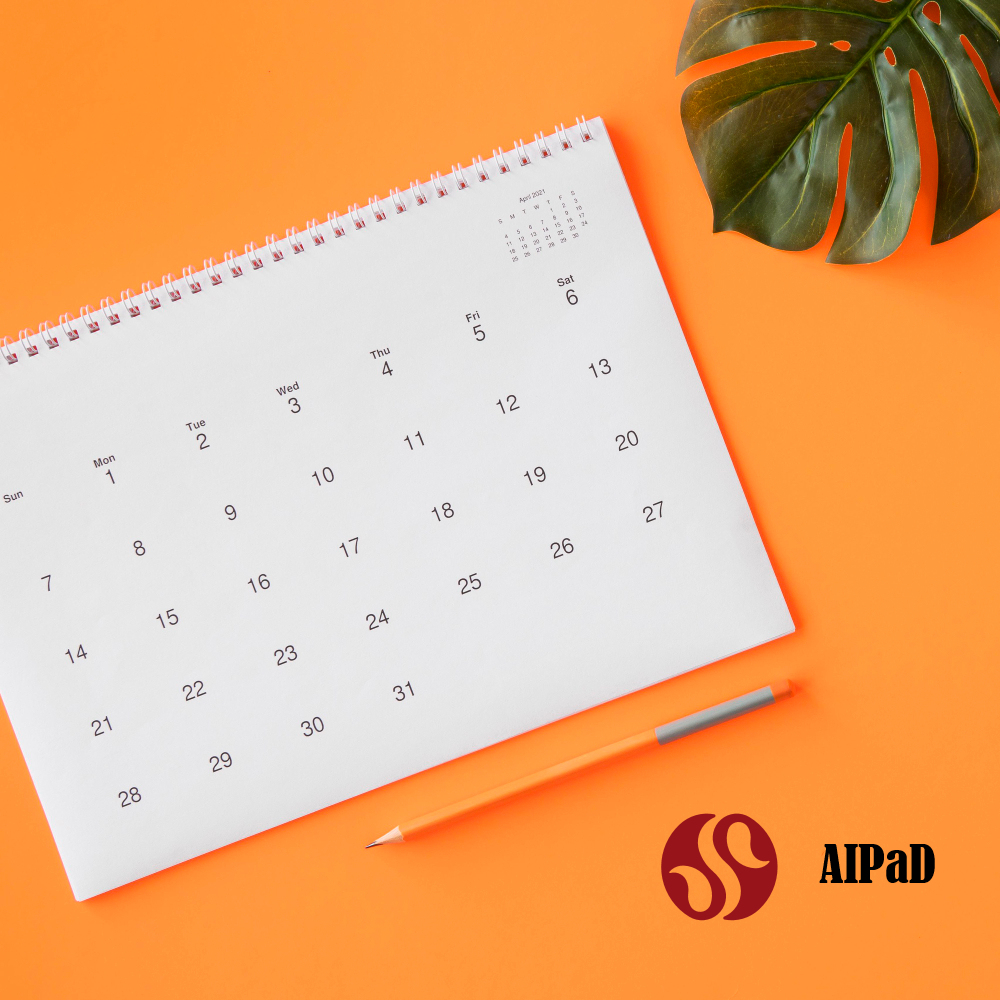Statute of the Association of Iranian People at Danmarks Tekniske Universitet (AIPaD)
Chapter One: Definitions and Objectives
Article 1: Definition
The Association of Iranian People at Danmarks Tekniske Universitet (DTU), hereafter referred to as AIPaD, is a voluntary association constituted under Danish rules and regulations registered with CVR number 40814027 in the Municipality of Kongens Lyngby in Denmark.
Article 2: Objectives
The purpose of AIPaD is to create a suitable atmosphere for the integration of its members with the Danish society through a committed community while facilitating networking, collaboration, and cooperation among its members. AIPaD’s objectives are:
- Familiarizing its members with the Danish culture
- Arranging cultural activities and cultural exchange
- Creating informational networks
- Holding various activities, gatherings, and events
Chapter 2: The Structure of the AIPaD
Article 3: Members and General Assembly
Note 1: All Iranians associated with DTU as well as interested and motivated people who can support the aim of the association, can be a member of the AIPaD (upon their request).
Note 2: The following defines the members:
- Main: undergraduate and graduate students, post-doctorates, researchers, guest researchers, professors, and other employees who have an official email with DTU.
- Accompanying: families of all the main members mentioned in Note 2 of Article 3.
- Alumni: people who were, in the past, a main or accompanying member.
- Others: people who support the aim of the association with an interest in the Iranian culture.
Note 3: All the members constitute the General Assembly.
Article 4: The Board
The board is the central point of coordination and decision-making. Board members are elected by all the members of the AIPaD in a public election for one year. The board’s responsibility window throughout each year is from January until the end of December the same year. The board hosts five main and two substitute members. Each main member has specific responsibilities, which are defined in the board’s internal rulebook. This rulebook is prepared in the beginning of the formation of the newly elected board.
Chapter 3: Rights and Duties
Article 5: Members
Note 1: General Assembly has supreme authority.
Note 2: Members can participate in various activities and events, help the board, and participate in the general meetings of the AIPaD.
Note 3: Members can complain about the activities of the AIPaD as well as any noncompliance with AIPaD’s statues and report that to the board.
Note 4: If more than one-third of the members request an extraordinary general meeting, the board should arrange the meeting.
Note 5: If more than half of the members request to have the board dissolved, the current board will organize an extraordinary general meeting within the period of two months, and an election for a new board will be conducted.
Note 6: The general assembly will be informed about all the activities and financial reports in the general meeting, held at least once a year. The general assembly will also elect the board according to Article 8.
Note 7: Members can form a group called “Kaanoon” to have any kind of social activities in comply with the AIPaD’s status (approved by the board). To form a “Kaanoon” at least 10 members should request and propose their solid plan for the activity to the board. Upon the approval of the board, the activity must be advertised on the association’s website or its other communication platforms, and the association facilities may be used for their activities.
Note 8: All the letters, communications, and documentations of each year is stored on an online platform called archive (e.g. google drive). The previous boards can access to their related documents only as a viewer.
Article 6: The Board
Note 1: Developing, maintaining, and pursuing the objectives of the association and monitoring its compliance with the statues.
Note 2: Preparing, developing, and refining the internal rulebook of the board. The internal rulebook, which follows the statute, consists of the definition of positions and responsibilities of the board members, internal laws, execution procedures, and financial activities.
Note 3: Holding general meetings and preparing meeting reports.
Note 4: Interpretation of offensive behavior of members and AIPaD’s statues.
Note 5: Communication with institutions/organizations inside or outside of DTU such as municipalities and culture houses.
Note 6: Following relevant complains of members.
Note 7: In case of voluntary resignation, the first priority for replacement is substitute members.
Note 8: On the proposal of the board, the AIPaD’s registration address can change, as well as to open or close other locations that may be necessary.
Note 9: At least once a year, the board will invite the general assembly, by written invitation at least 21 days in advance, for the general meeting, where the annual activity and financial report will be presented. The board will also hold the election of the new board (for next year) and provide the members with an opportunity to make suggestions or complaints.
Article 7: Financial observer
Note 1: Two of the members, one as main and one as substitutes, are elected each year in annual general assembly as “Financial observer”. Their role is to observe the financial activities of the association.
Note 2: They have access to all the financial documents and the minute of the board meetings.
Note 3: In each annual general assembly meeting they should provide their observation report on financial activities. Also, they can publish a half-year report in July.
Note 4: The Financial observer cannot participate in any executive activities of the associations.
Article 8: Loss of membership
Note 1: In the following cases, the board and the general assembly can decide on temporary or permanent expulsion of a member.
- A member has offensive behavior toward other members, if this actionable case has statement or evidence acceptable to the court.
- A member has repeated a behavior or an action, which has destructive consequences for the whole association.
- If any member has not paid the membership fee.
Note 2: The Board can make the primary decision about the expulsion. When the primary decision has made their membership became suspended. If the excluded member does not agree, the case can be discussed in the general assembly and the final decision will be made by General Assembly throughout a secret polling, after hearing the full explanations of the member.
Chapter 4: Elections and Changes
Article 9: Election of the Board
Note 1: The current active board holds the election in the beginning of every year. The exact date of the election can change based on the approval of the board.
Note 2: Call to sign up as a candidate must be announced publicly.
Note 3: All members of the association are eligible to run for a seat on the board.
Note 4: Candidates, who become elected for a new board, are expected to reside in Denmark during the following year and actively participate in board meetings.
Note 5: After counting the votes, five of which have higher votes are elected as the new board. The next two individuals (6th and 7th with highest votes), will be named as substitute members for the board.
Note 6: Substitute members can join the board based on the approval of the newly elected board. In this case, the board will continue with seven members and there will be no difference (in terms of responsibilities, duties, and authority) among them.
Note 7: The election will take place in the annual general meeting, where all the candidates will have an equal opportunity to present themselves.
Article 10: Changes in the Statute
Note 1: Proposal for any change in the statute requires the following steps to be taken:
- Approval by the board.
- AIPaD members must be informed about the changes at least one month earlier to provide their comments and suggestions prior to the general assembly of the AIPaD.
- Holding election for changes in statute in the general assembly of the AIPaD.
- Changes are approved only if the majority votes in favor of such changes.
Chapter 5: Financial Activities
Article 11: Funding Sources of the AIPaD
Note 1: Funding sources consist of grants from Lyngby municipality, members, DTU, and surplus funds remained from events and activities.
Note 2: Receiving funds from institutions/organizations except DTU and Lyngby municipality can be approved only if it follows the objectives and definitions of the AIPaD.
Note 3: Determination of any contradiction mentioned in Note 2 of Article 10 is under the responsibility of the board. In case of approval, the members must be informed.
Chapter 6: Dissolution
Article 12: Dissolution of the AIPaD
Note 1: The dissolution of association is considered as a change in the statute. Therefore, all the steps mentioned in Article 9 must be taken.
Note 2: In case of dissolution, remaining funds will be donated to UNICEF.




